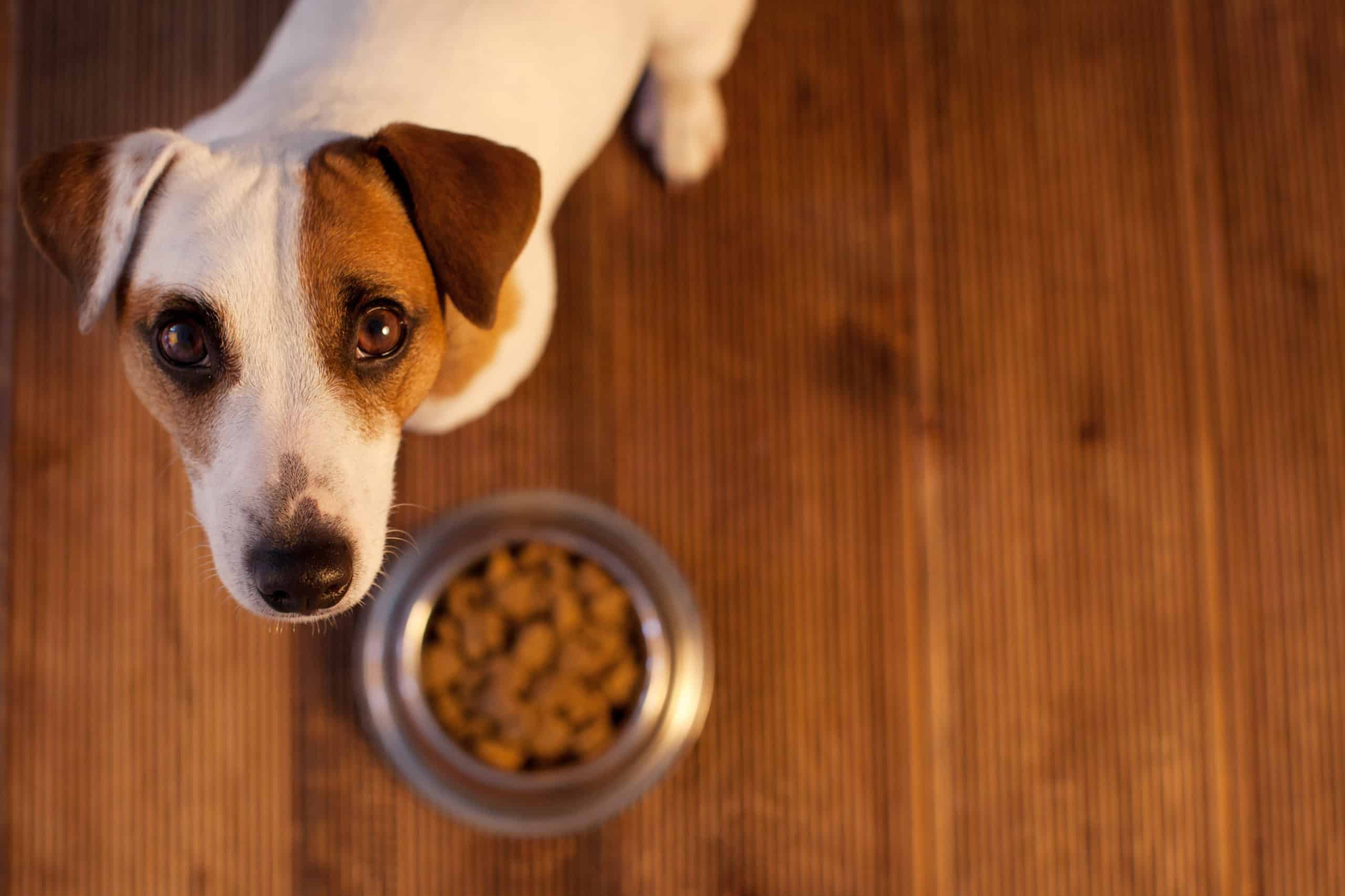
Image Source myfarmblog.com
A Guide to Cassava Flour and Its Suitability for Dogs
Cassava flour has gained popularity as a gluten-free alternative in various recipes, but can our furry friends safely enjoy it too? In this comprehensive guide, we will explore whether cassava flour is suitable for dogs and what precautions to take when incorporating it into their diet. As responsible pet owners, it is essential to prioritize the well-being and nutritional needs of our canine companions. Read on to find out whether cassava flour can be a healthy addition to your dog’s diet.
Understanding Cassava Flour: What Is It?
Cassava flour is derived from the cassava root, also known as yuca or manioc. It is a starchy tuber that is widely consumed in many parts of the world. The root is peeled, dried, and finely ground to produce the flour. Cassava flour is known for its versatile nature and gluten-free properties, making it an attractive option for individuals with gluten sensitivities or celiac disease.

Image Source www.gardeningknowhow.com
The Nutritional Composition of Cassava Flour
Before we delve into whether cassava flour is dog-friendly, let’s take a closer look at its nutritional composition. Cassava flour is primarily composed of carbohydrates, with a relatively low protein content. It is rich in essential minerals such as potassium, calcium, and magnesium. However, it is important to note that cassava flour is not particularly high in vitamins compared to other flours.
In terms of its macronutrient breakdown, cassava flour is predominantly carbohydrates, making up around 80% of its composition. This high carbohydrate content can be beneficial for dogs with high energy needs or those requiring easily digestible fuel. However, it is crucial to consider your dog’s specific nutritional requirements and any underlying health conditions before introducing cassava flour into their meals.
Is Cassava Flour Safe for Dogs to Consume?
While cassava flour appears to be safe for human consumption, we need to consider whether it poses any risks to our canine companions. One primary concern with cassava flour is its cyanogenic glycoside content. These compounds can release cyanide when consumed in large amounts, which can be toxic to dogs and humans alike. However, the levels of cyanogenic glycosides in properly processed cassava flour are typically low and considered safe for consumption.
Points to Consider Before Feeding Your Dog Cassava Flour

Image Source petdogowner.com
Before adding cassava flour to your dog’s diet, it is crucial to consult with your veterinarian. They can assess your dog’s individual health needs and determine if cassava flour is a suitable addition to their regular diet. Additionally, it is important to introduce new foods gradually and monitor your dog for any adverse reactions, such as gastrointestinal upset or allergies.
Furthermore, always opt for high-quality cassava flour from reputable sources to ensure safety and minimize potential risks. Avoid purchasing cassava flour with added preservatives, artificial flavors, or other additives that may be detrimental to your dog’s health.
Potential Benefits of Cassava Flour for Dogs
When introduced in moderation and under appropriate circumstances, cassava flour can offer some potential benefits for dogs. Let’s explore a few notable advantages:
1. Gluten-free Option for Dogs with Sensitivities
Similar to humans, some dogs may experience sensitivities or allergies to gluten. Cassava flour provides a gluten-free alternative to traditional wheat flour, making it suitable for dogs with gluten sensitivities or those on specialized diets.
2. Digestive Health Support
The high carbohydrate content of cassava flour can provide an easily digestible source of energy for dogs. This can be particularly beneficial for working dogs, highly active breeds, or those recovering from illness or surgery.
3. Source of Essential Minerals
Cassava flour contains essential minerals such as potassium, calcium, and magnesium. Incorporating cassava flour into your dog’s diet, alongside a balanced and varied meal plan, can contribute to their overall nutrition and well-being.
Incorporating Cassava Flour into Your Dog’s Diet

Image Source www.cnn.com
When considering adding cassava flour to your dog’s diet, it is crucial to do so in moderation and with proper guidance. Here are some tips to help you incorporate cassava flour into your dog’s meals:
1. Gradual Introduction
Start by introducing small amounts of cassava flour into your dog’s regular meals. Monitor their response and gradually increase the quantity if there are no adverse reactions.
2. Balanced Meals
Cassava flour should not replace a well-balanced diet for your dog. It should be used as a supplement or alternative to other flours in specific recipes. Ensure your dog’s overall meal plan includes a variety of protein, carbohydrates, healthy fats, and necessary vitamins and minerals.
3. Alternative Treats
You can also use cassava flour to prepare homemade treats for your dog. There are numerous dog-friendly recipes available that incorporate cassava flour as a key ingredient. Remember to moderate the serving size of these treats to avoid overfeeding.
Final Thoughts

Image Source www.simplemost.com
While cassava flour is generally safe for dogs when introduced with caution, it is essential to prioritize your four-legged friend’s unique nutritional needs. Consult with your veterinarian before adding cassava flour to your dog’s diet, especially if they have any pre-existing health conditions. Remember to monitor your dog’s response and ensure their overall meal plan remains balanced and nutritious.
By considering the information provided in this guide, you can make an informed decision regarding the suitability of cassava flour for your beloved canine companion. Remember, your dog’s health and happiness should always come first.